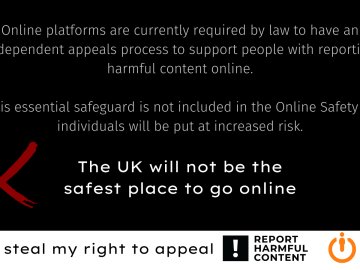Overworking is something that we have all done at some stage in our lives. If we have an important project due in tomorrow or have a final push before the final quarter, it is common for many of us to stay late, put in the extra hours and ‘grind’ through it. With the pandemic now changing the way we work, this ‘overwork’ mentality may have extended beyond these instances and is now just a regular part of the average day. But with more work comes more pressure and the dreaded ‘burnout’ may be closer than you think. In times like this, when employees may be doing more, it is important to ask yourself whether overwork is the new norm for your organisation.
Stay on to impress
The overwork mentality has been around for many years and has even been glorified in certain media as a definitive way to get ahead in business. We hear about people who survive on 3 hours of sleep and have conference calls at all hours of the night, sacrificing personal life to stay on top of their own work expectations. New employees may push themselves to ‘grind’ through longer working hours to show willingness or loyalty to their new job, putting aside other priorities and focussing solely on trying to impress.
Many employees will now be working from home and no doubt there has been immense pressure to work harder in order to pull businesses through a very troubling period. With home working, it may not seem like such a bad thing to stay on after hours. After all, there isn’t a long commute to prepare for or an office of people to contend with. Work is still work though and a balance is needed in order to maintain a healthy work life.
Now organisations are preparing to transition back to the office, it’s important that overwork hasn’t become the new norm and employees aren’t already feeling the effects.
Maintaining a healthy balance
The difficulty with remote working comes from not knowing the full story. Maybe employees are still working late despite policies that actively encourage devices being switched off after hours. Doing the extra bit is now just part of the job for a lot of us. Despite this, overwork brings with it a lot of consequences that can lead to unhappiness, resentment and could lead to a high staff turnover if not handled correctly.
Communicating with the team is the first step in finding out where individual balances lie. Talking with staff can allow you to see where they are with workloads and can open up opportunities to help them manage it better. If someone is working past their expected time, then new measures may need to be put in place to ensure wellbeing is kept a high priority. Reducing or sharing out workload, gauging an individual’s manageability or ‘checking in’ regularly allows employees to feel they are supported. Showing a dedication to wellbeing can help employees understand that they don’t need to work long hours in order to survive in their job.






